#Women in Islam
Text
If I hear about Islam being an oppressive religion one more time, I'd absolutely lose my shit. Don't fixate your Islamophobic misinterpretations on us just because you coincidentally happened to read one or two verses of the Quran and literally took it out of the context. I mean you wouldn't be holding such an absurd of a notion and have the audacity to give ur two cents on something that your OWN western media has spoon fed you about the Muslim community for decades and the funny thing is most of you haven't even took the time to actually study or read the Quran.
If the choice of attire had anything to do with the oppression or inculcating patriarchal values, then y'all non muslim/non religious women would have been the most liberated women out of us right now lmao. But that's really not the case right. What all of you my sisters cease to comprehend is that misogyny transcends the barriers of religion, language, colour, caste and creed.
#feministicon#womens rights#divine feminine#muslim women#anti islamophobia#islamophobia#islam#muslim#women in islam#freesheikhjarrah#free palestine#free gaza#stop islamophobia#islamic#welcome to islam#deen#islamdaily
82 notes
·
View notes
Text
I have some questions to those who argue that islam values women:
28% of Quran texts contain positive remarks about women, stating that they're men's equals
But
71% of Quran texts contain negative remarks about women, stating that they're not men's equals and should be submissive
So, first of all: why does your holy book contradicts itself? Could it maybe be because it was written by a power hungry sexually perverted man with no divine inspiration?
And second of all, how can you say that islam values women if the majority of your holy book states otherwise?
#radfem#radical feminism#radfem safe#radblr#radfems do interact#feminism#radfems do touch#women's rights#women's liberation#islam#muslim#anti religion#anti islam#anti hijab#quran#women in islam#muslim women
94 notes
·
View notes
Text
" Islam tells men to honor women and women to honor themselves. "
#and they say this religion is degrading and oppressing women#I just saw a reel of NAK talking about this and got inspired#I think he was talking about Hijab but the video was not complete#islam#women in islam#muslim women#Alhamdulillah
681 notes
·
View notes
Text

Ramadan 18, 2024: the day I was blessed with a daughter💗
“whoever has a daughter and does not mistreat her, nor prefer his son over her, Allah will bring him into jannah.”
الحمدلله 🤍
12 notes
·
View notes
Text
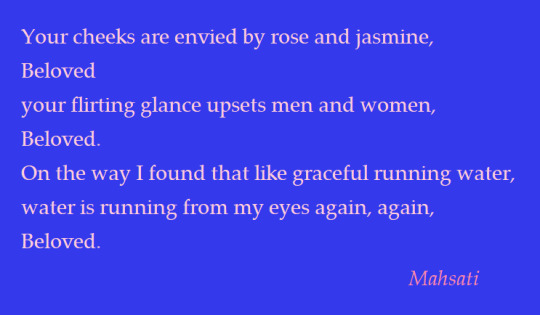
Ruba'i by the Sufi poet Mahsati (1098–1185), translated by Paul Smith
After nearly 900 years, Mahsati is highly respected for her courageous poetry that condemned religious fanaticism and prejudices, hypocrisy and dogmas. In the city of Ganjeh in Azerbaijan, a street and a school, an academic institution, a museum and others have been named after her.
#influences#sufi poetry#mahsati#female poets#islamic poetry#sufism#muslim women#poetry by women#women poets#women in islam#ruba'i#religious poetry
17 notes
·
View notes
Text
May we become one of those women.💌
In sha Allah, Ameen.
#women in islam#for the sake of Allah swt alone#goals#deenoverdunya#words to live by#islam#my thoughts live here#islamicquotes#haifaa younis
42 notes
·
View notes
Text

As-Salam-u-Alaikum wa-rahmatullahi wa-barakatuh ("Peace be unto you and so may the mercy of Allah and his Blessings")!
The hijab is one of the most recognizable symbols in Islam. The hijab is a symbol of modesty and faith for millions of Muslim women around the world. In this blog post, we will explore the meaning and significance of the hijab while I tell you about my own personal relationship with the hijab.
What is a Hijab?
The hijab, in its most basic form, is a headscarf worn by Muslim women as a physical reminder of their faith and commitment to Islam. The primary purpose of the hijab is to maintain modesty and promote dignity for women. It serves as a visual indicator of a woman's devotion to her religion and her desire to be judged for her character and her ideas rather than her physical appearance.
What are the rules of Hijab?
It is important to note that “hijab” is just as much a verb as it is a noun. For men (yes, men have to hijab as well), that means to lower your gaze from women. Both men and women have clothing guidelines, specifically to wear loose-fitting clothing. The most known rule of the hijab, yet the most misunderstood, is that of the hijab, or headscarf.
The rules of hijab can vary among different interpretations of Islam and cultural practices. However, the general guidelines for hijab include covering the hair and neck. The purpose of these rules is to promote modesty, maintain privacy, and discourage objectification.
To Wear or Not to Wear
Contrary to popular belief, the hijab is not a symbol of oppression but rather a symbol of empowerment for many Muslim women. Islamically, no one is allowed to tell you to wear, or not wear, the hijab. By choosing to wear the hijab, women exercise their agency by deciding how they want to be seen and reclaim control over their bodies. It allows women to define their identity on their own terms, rather than conforming to societal pressures or objectification. The hijab becomes a means of self-expression, a way to showcase individuality, and a statement of faith and pride.
My First Hijab Story
I have yet to convert to Islam. That is not indicative of my relationship with Islam but of mine with my family. Despite that, I am a hijabi. I never thought I would be a hijabi. I was afraid the hijab would create a barrier between me and non-muslims. I was afraid wearing a hijab would be isolating. While some relationships have been negatively affected by my choice, the resounding effect has been the opposite.
It all started when I went to Veiled-Fest with my partner, James. I got a few hijabs for Salah, or prayer. When I walked out of the modest clothing sale, there was a beautiful courtyard with an area hidden awy by some trees. To be honest, I went to the covered area to hide while I tried on a new hijab. I was embarrassed that I didn’t know how to wear one “properly.”
After a couple of failed attempts, a group of girls who had been sitting at a table near by said I was doing great. I came clean and told them I had no clue what I was doing. “Do you want some help?” I hear a chorus reply. Please!
Before I knew it, one of the girls was showing me how to place the headscarf on my head, guiding my hands to place the magnet and fold the hijab, and how to tie it off. “Masha-Allah!” all the girls replied. Overwhelmed by the support and genuine kindness, I was fighting a lump in my throat. “Thanks! Bye!” I ran out of the courtyard so fast so I wouldn’t cry in front of them.
I wonder if they ever think about the girl they helped in the courtyard. I still think of them sometimes whenever I put on my hijab. For me, that’s what hijab symbolizes: womanhood. The way women go out of their way to support each other and have each other’s back. Women having the opportunity to protect themselves and control their own narrative. I choose how I want to be remembered: not for how I look but for what I say, how I act, and how I treat people.
Conclusion
In my personal journey, wearing the hijab has been a deeply meaningful decision. It is a reflection of my faith, my identity, and the support shared with other women. Wearing the hijab allows me to not only align my outer appearance with my inner beliefs but also serves as a reminder that I control how I want to be perceived. It has become a source of strength, empowerment, and a way to express my individuality within the framework of my faith.
7 notes
·
View notes
Text

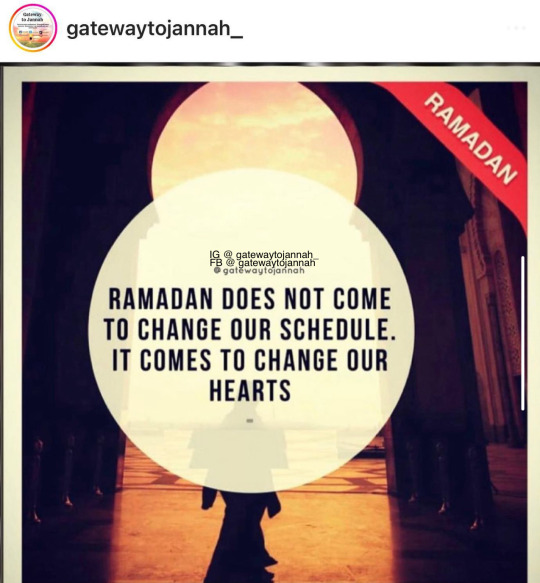



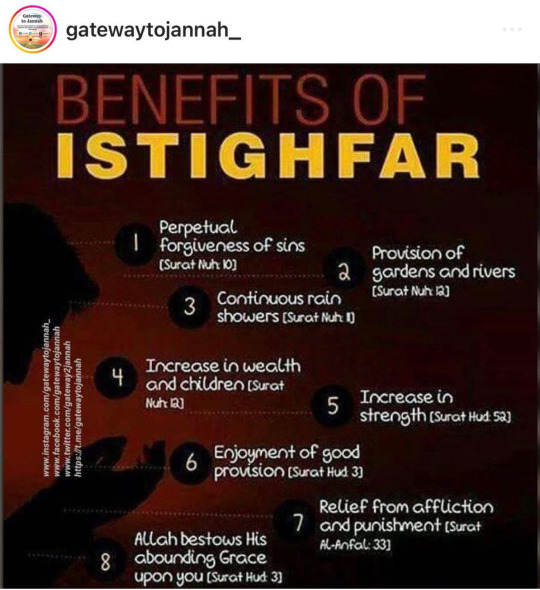
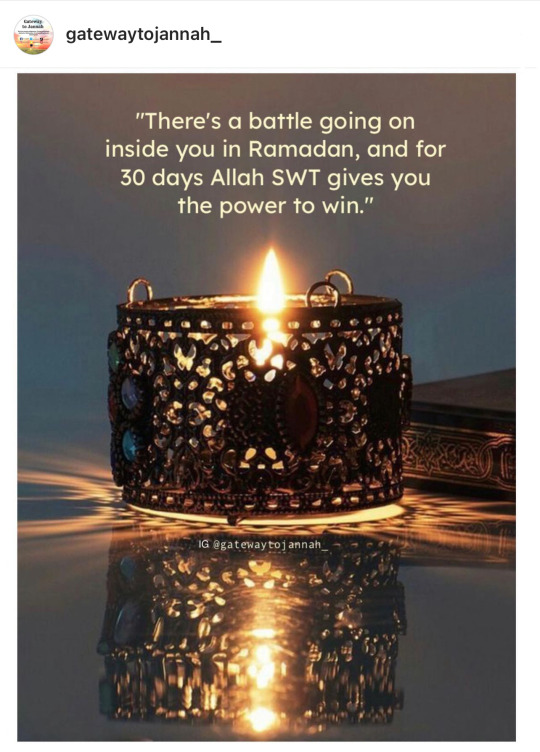
#gatewaytojannah#islamicreminders#islamicquotes#muslim#islam#dua#dawah#jummah#salah#namaz#gatewaytojannah hadith quran quranquotes islamicreminder islamicreminders islamicquotes dawah#gateway2jannah#gatewaytojannah gatewaytojannah hadith quran quranquotes islamicreminder islamicreminders islamicquotes dawah gateway2jannah#gatewaytojannah gatewaytojannah hadith quran quranquotes islamicreminder islamicreminders islamicquotes dawah#gatewaytojannah quranquotes islamicreminder islamicquotes islam eid eidmubarak eid2020#suhoor#women in islam#iftari#iftar#eid ul fitr#Eid ul fitr 2024#Eid#fajrsalah#qurandaily#hadith#islamdaily#islamic#gaza strip#palestine
5 notes
·
View notes
Note
Are you kidding me Islam is like the most oppressive misogynistic religion of all time 😂 What?? The denial is crazy. Fuck Islam and all religion. "Out of context" is so familiar, the excuse every abuser and religion uses. The cognitive dissonance you must have to be a feminist and still obey and worship a patriarchal misogynistic religion. Their brainwashing definitely worked on you... I genuinely hope you get better soon and escape.
lmao the audacity to call me "brainwashed" and "cognitively dissonant" when u urself sound exactly like how any spoonfed puppet of the west would say about Islam (i don't talk for any other religion.) like we're really going to throw those terms around like confetti huh? the blatant hate and cussing omg like are YOU okay? like you wanna hate? go ahead! but atleast bring some plausibility and justification in your arguments. this "oppression" thing has gotten old like it's too 2016. come from ur real ID as im always open to a healthy & respectful discourse. oh so now woke peeps like u are going to gatekeep feminism from the muslim women? cute. 😙
#anti islamophobia#islamophobia#islamdaily#islamic#deenislam#freesheikhjarrah#free gaza#free palestine#muslim women#welcome to islam#islam#muslim#women in islam#stop islamophobia
13 notes
·
View notes
Text
What is Hijab in Islam?
First thing, I want to say that, in Islam, the prophet Mohamed never forced anyone to be muslim. A lot of non-muslim people were living in the village of the prophet Mohamed, they asked him to render justice between them, they trusted him... They just have to pay the Jizya, a light tax, as they didn't have to pay the Zakat as Muslim did.
What is a ruler who force people to have the same religion as him?
Islam is based on respect of other religion, other opinion and beliefs.
The second thing I want to point about is the place of the HIjab in Islam. I won't deny it, Allah asked women (not little girls) to cover their beauty. But, this is just some verse in the Quraan. Is wearing hijab written in the five pillar of Islam? NO. Allah asked muslim women to wear hijab, but it's not a TOP priority in Islam. The verse in the Quraan that talk about it says to show your attractiveness only to your husband, father, uncles, brothers, half-brothers,..and anyone who can't be attracted by you. So, Hijab is supposed to protect women from men eyes, not to be an instrument of submission. In the time of the prophet Mohamed, women were not evaluated by their beauty, as they hid it, but by their stenght, intelligence and willpower. The prophet's wives were stong (Khadija was a respected trader who owned many caravans, Aisha was asked questions by the more intelligents men of islam, the wife of one of Mohamed companion was a fighter and archer who had a great importance in war...)
Now, Islam has been twisted, people held their attention on insignificants details and misunderstood them. It's time to change
#hijabisachoice#hijab in islam#women in islam#Women strenght#Islam#forced hijab#time to change that#don't lie#the truth#place of hijab#mahsa amini#protest for freedom#sorry if there's any mistake#english is not my mother tongue
10 notes
·
View notes
Text
Prophet Muhammad SAW was born in the lap of a woman. He was delicately wrapped up and nursed by a woman. The first person to see his beautiful and illuminated smile was a woman. When his mother passed away in Abwa, he tearfully came back to Makkah with a woman. When he returned from Hira, the first person who covered him was a woman and the first person he spoke to was a woman. A woman was the first to believe in him. A woman was the first to pray with him. A woman was the first to die for him. When he delivered khutba, a woman was the first to build a minbar for him. When he left this world, he left resting his head on a woman. His lineage continued through a woman; and from his words were, "I give you counsel that you be good to your women." So it amazes me how some of us still don't know the rank of our women.
2 notes
·
View notes
Text
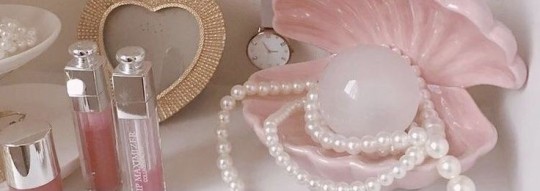
𖥻 ִ ۫ ּ ִֶָ ࣪✦ welcome angel
muslims reblog w your favorite girlboss from the early days of Islam pleaseee
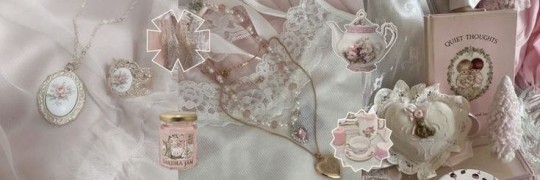
4 notes
·
View notes
Text
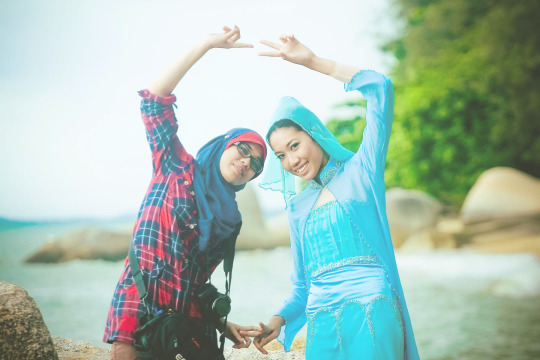
Two Malaysian muslim women posing together. From women in Islam.
1 note
·
View note
Text
honestly being a woman in the muslim faith can often feel like the loneliest thing on the planet, not only has there been decades of trying to erase muslim women scholars’ role (or shaping it to fit traditional patriarchal stereotypes more), and not only has there been a very rapidly growing gap of how we’re “supposed” to dress via a fucking insane amount of opinions (ourselves, muslim men, older muslim women, the west, any bored jobless idiot on twitter) but to add to that - the utter REJECTION i see in mosques and religious spaces if we’re in any way outside the norm of the extremely suffocating space of what’s considered a proper muslim woman, whatever the fuck that means
0 notes
Text
True Stories of Immigrant Americans: Giving it All
TRUE STORIES OF IMMIGRANTS TO AMERICA……….
GIVING IT ALL ……. WITH NO RETURNS
Names, Places and some events have been changed to protect the identity of the protagonists in this tale.
I hit send and the email floats into cyberspace….. It contains sentences begging for his dignity and financial assistance for his health care from his own hard earned money ensconced in the treasure troves of the…
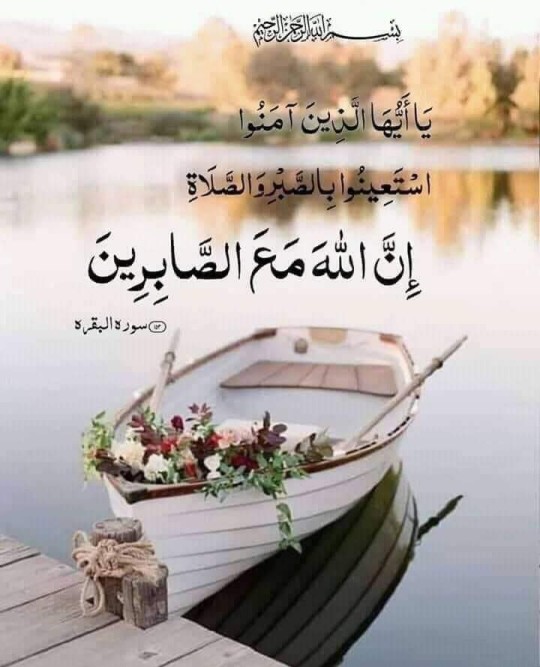
View On WordPress
#accidents#Allah#American apple pie#American immigrants#Elderly men#falls#Female doctors#Gaza#Israelis#Karachi#Maulana Maudoodi#Medical Insurances.#medical school#muslim#Pakistan#Palestinians#The Struggle of Muslim Women#University Professors#Women in Islam
0 notes
Text
Women in Islam
women in islam
At a time when the rest of the world, from Greece and Rome to India and China, considered women no better than children or even slaves, without any rights, Islam recognized women’s equality with men on many points of view.
Continue reading Untitled

View On WordPress
0 notes